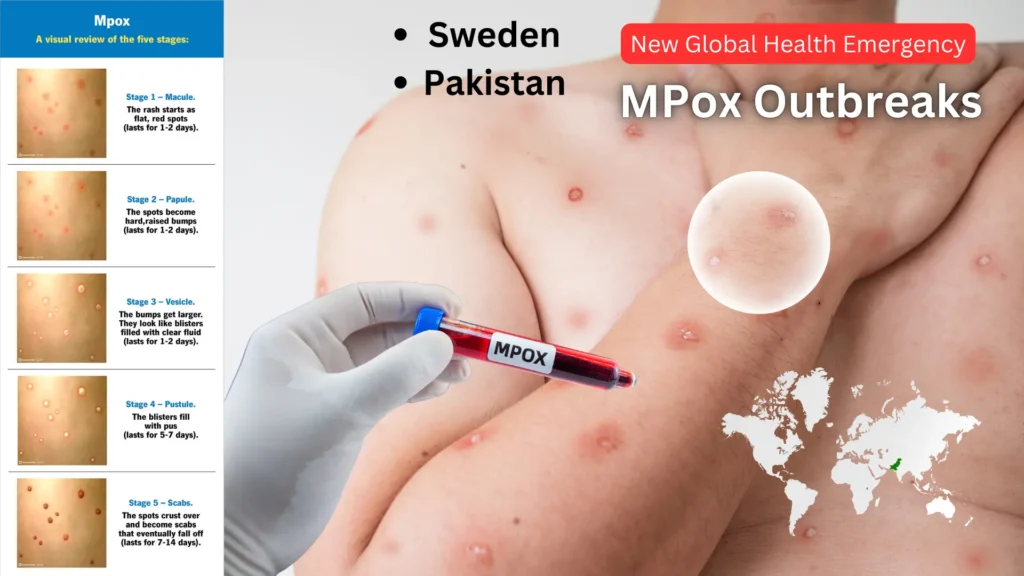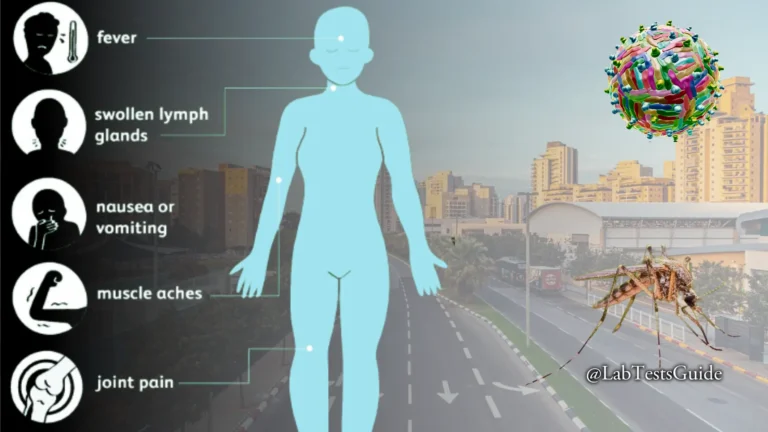The World Health Organization (WHO) has declared a global health emergency as a deadly new strain of mpox spreads through parts of Africa and begins to appear in other regions. This marks the second time in just over two years that the WHO has escalated mpox—formerly known as monkeypox—to the status of a global emergency.

Headlines:
- WHO Declares Global Health Emergency as Deadly New Mpox Strain Spreads
- Sweden and Pakistan Report First Cases of New Mpox Strain
- What is Mpox and Why is This Outbreak So Concerning?
- Global Response Intensifies as New Mpox Variant Emerges
The latest development came as Sweden’s public health agency announced on Thursday the first known case of the new mpox strain outside of Africa. The patient, who contracted the virus while in a region of Africa where the new strain is circulating, has been treated in Stockholm. This alarming discovery has raised concerns about the virus’s potential spread across Europe.
Mpox, a zoonotic disease that can spread from animals to humans, and between humans through close contact, has two main strains: clade I and clade II. According to the Centers for Disease Control and Prevention (CDC), the new strain, clade I, is endemic to Central Africa and has proven to be more virulent and deadly than the clade II strain, which caused an outbreak in 2022. While clade II typically results in less severe illness with a survival rate of 99.9%, previous outbreaks of clade I have had mortality rates as high as 10%.
The Democratic Republic of the Congo (DRC) has seen the vast majority of the current cases, with over 14,000 infections and 524 deaths reported so far this year, WHO Director-General Tedros Adhanom Ghebreyesus announced on Wednesday. Other African nations, including Burundi, Kenya, Rwanda, and Uganda, have also reported new cases, raising alarms about the potential for further spread.
In response to the escalating crisis, the U.S. Agency for International Development (USAID) has committed roughly $424 million in humanitarian and health aid to combat the outbreak. Although the CDC has alerted U.S. healthcare providers to watch for the new strain, the risk of it reaching the United States is currently considered very low.
Despite this, the global health community remains on high alert. Health authorities are concerned that there might not be enough vaccines to contain the current crisis, especially in regions with fragile healthcare infrastructure. The WHO’s declaration of a global health emergency aims to mobilize resources and improve access to vaccines and treatments, which have already been authorized for emergency use in the DRC.
The stakes are high, as the new strain has shown a troubling ability to spread more easily through human populations, particularly via sexual transmission, which was a major driver of the previous outbreak. The WHO is working to ensure that vaccines reach those most at risk, including healthcare workers, children, and individuals in high-transmission areas.
As the situation unfolds, the global community must remain vigilant, with a focus on preventing further spread and ensuring that the necessary resources are available to contain this new threat. The coming weeks will be critical in determining whether the world can avoid another devastating mpox outbreak.
References:
- What to know about the new mpox strain and global health emergency – Axios
- A new global health emergency: What is mpox, where are the outbreaks and will the virus spread? – AP News
- Deadly Mpox Variant On The Rise; Sweden, Pakistan Confirm 1st Cases – NDTV
- What is mpox, and why is this outbreak so concerning? – CNN







